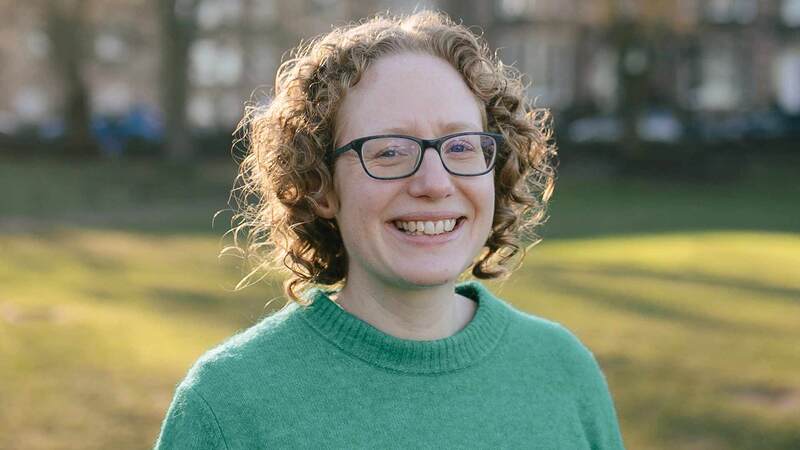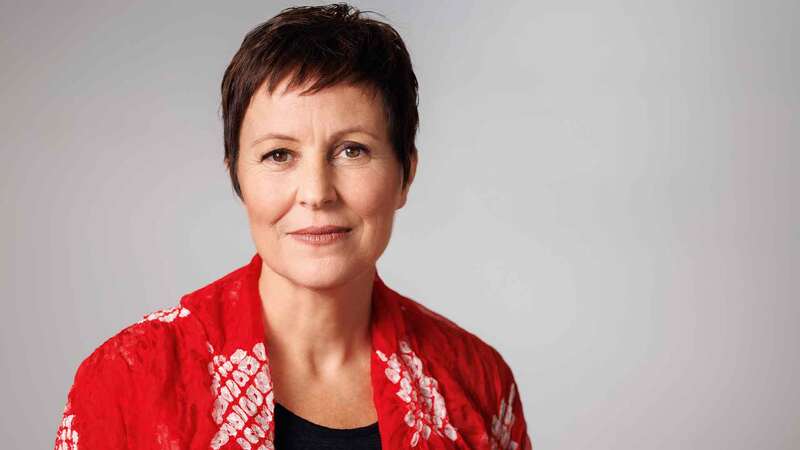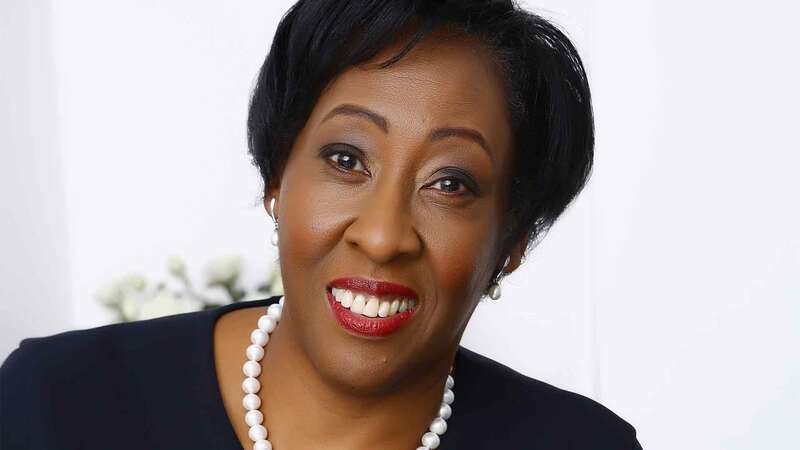You are viewing your 1 free article this month. Login to read more articles.
Writing duo meet roars of approval
Zizou Corder is the nom de plume of writer Louisa Young and her 10-year-old daughter Isabel Adomakoh Young, who have co-authored Lionboy (Zizou is in fact the name of Isabel's pet lizard). The book, the first of a trilogy, was the subject of a headline-grabbing six-figure publishing deal earlier this year, and now a film deal has been finalised with Stephen Spielberg's production company, DreamWorks.
Lionboy is the story of Charlie, a young boy who has the amazing gift of being able to communicate in cat language. When Charlie's English mother and Ghanaian father, both brilliant scientists, are mysteriously kidnapped, Charlie sets off to rescue them. On the journey, which takes him to Venice, he becomes involved with a travelling circus. He decides he must liberate the performing lions who work there--and who, of course, can speak Cat.
Lionboy tells only the first part of Charlie's adventure: readers will have to wait for books two and three before the fate of Charlie's kidnapped parents is resolved.
Louisa Young says: "I'd like to apologise in advance to people who feel deeply frustrated that the end of this book is not 'The End'--it's going to say that in the book, 'The End for Now'. Initially I finished Lionboy on the most appalling cliffhanger, but everyone said it was too cruel--so we decided to stop at a point when Charlie is safe and feeling confident that he can cope with everything. "I never intended to write a trilogy, but if you have to find the parents, save the world and liberate the lions, there is an awful lot to achieve.
"The book began with bedtime stories, and with me being actually quite lazy. I'd say to Isabel, 'All right then, what do you want a story about?' And Isabel would chuck in all this raw material, and I'd say, 'That's nice!' Then I'd get stuck and say, 'What's Charlie going to do?' and she'd say, 'I want him to ride on a whale', and that perks you up again. I suspect most children's authors get a great deal of inspiration from the charming, amusing and deeply perceptive things their nippers say, but the credit they get is minimal.
"We wanted to put in everything you could possibly want in a story, so you've got to have a boy, adventures, animals, a circus, a boat and quite a lot of villains. And moral ambiguity--all my villains have some good qualities, so there are lots of opportunities concerning who might turn out to be a goodie and who might be a baddie, which is more like life.
"I write it, and Isabel reads it and says, 'It's a load of nonsense', or 'It's completely brilliant.' I say, 'By the way, I'm going to kill so-and-so', and she says, 'NO! We could do this instead.' She lays down the law. Her contribution is immense, and could I have done it without her? Absolutely not.
"To me it's a fantastically old-fashioned book--it's a direct result of my childhood spent reading Joan Aiken, Edward Eager, C S Lewis and E Nesbitt. There's the kid with the talent, or the magical item--with Charlie, it turned out that he could talk to cats, although in fact Isabel and I are both allergic to cats. She gets terrible asthma [a cure for asthma is one of the themes of the book].
"But very big themes emerge, without you realising. In Book One, the characters go from London to Venice, then in Book Two they go down to West Africa, and the Caribbean. I looked at that and thought, 'That's interesting. I've seen that triangle before--it's a route of slavery.' Then there are the lions, who want to be free to be themselves, but are forced to perform in the circus, while Charlie's parents are taken away because people want to exploit their intellectual talents. In Book Three it all comes together in another way, and it's about not being free to be who you are and do what you want.
"Isabel's Dad is African, he comes from Ghana. From my side she comes from a long line of old-fashioned, intellectual-ish, London people who would be happy living in an E Nesbitt novel--so that's very much part of what she is. On the other side she comes from this enormous, fantastic Ashanti family, who are spread all over the world and are a wonderful bunch.
"I wanted to bring those two things together in the book, for her and thousands of other kids. If it becomes a Hollywood blockbuster kids' movie, I suspect it may be the first one, other than cartoon films, with a brown kid for the hero.
"Isabel's been to Ghana several times and is close to her Ghanaian family. I remember when she first realised about colonialism and the Ashanti wars, she was very, very sad to think that her grandparents would have been slaughtering each other. So bringing these two strands together in the book is a kind of act of reconciliation--although of course it wouldn't have worked as a novel if we'd sat down to do that.
"The novel is an absolutely logical result of the time and the place--London in the early 21st century--this clever, beautiful, imaginative kid, her fantastic dad, and her Mum who writes books anyway. It's all there already--all you have to do is the legwork."
Zizou Corder Lionboy (Puffin, 2nd October, £12.99, 0141380241); audiobook read by Anton Lesser (simultaneous publication, £7.99, 805072)









